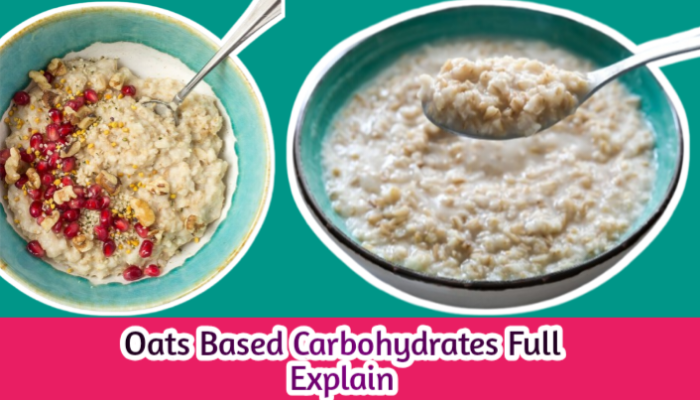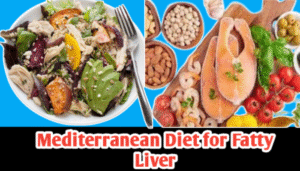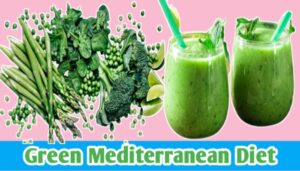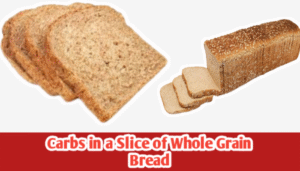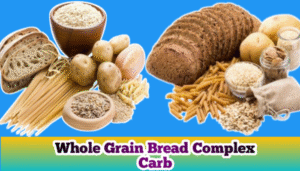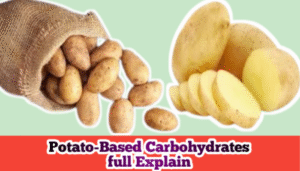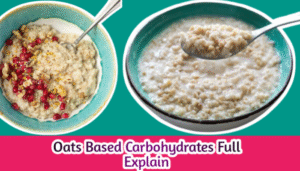Oats Based Carbohydrates Oats are one of the most nutrient-dense and versatile carbohydrate sources, widely consumed for breakfast and as part of a balanced diet. They provide complex carbohydrates, fiber, protein, and essential micronutrients.
Oats are particularly valued for their slow-digesting carbs, which provide sustained energy, improve digestion, and support heart and metabolic health.
1. Nutritional Profile of Oats
Oats are a powerhouse of macronutrients and micronutrients:
1.1 Macronutrients: Carbs, Protein, Fat
- Carbohydrates: ~27 grams per 40g serving (dry)
- Protein: ~5 grams per 40g serving
- Fat: ~2–3 grams per 40g serving, mostly healthy unsaturated fats
1.2 Vitamins and Minerals
- Magnesium: Supports muscle and nerve function
- Phosphorus: Vital for energy production
- Iron: Aids in oxygen transport
- B Vitamins (B1, B5): Important for metabolism and energy
1.3 Fiber Content
- Soluble fiber (β-glucan): 2–3 grams per serving
- Soluble fiber slows digestion, regulates blood sugar, and promotes satiety
- Insoluble fiber supports gut health and regularity
2. Types of Oats and Their Carbohydrate Content
Oats come in different forms, each affecting digestion, GI, and nutrient availability:
2.1 Rolled Oats
- Steamed and flattened oat groats
- Moderate carb digestion, ideal for porridge or overnight oats
2.2 Steel-Cut Oats
- Whole oat groats chopped into pieces
- Slowest digestion, low GI, longer-lasting energy
- Best for breakfast or pre-workout meals
2.3 Instant Oats
- Pre-cooked and dried, finer texture
- Quick-digesting carbs, higher GI than steel-cut or rolled oats
- Convenient for busy mornings
2.4 Oat Flour and Oatmeal
- Ground oats used in baking or porridge
- Carbs remain complex, though GI may increase slightly when baked
3. Starch and Carbohydrate Characteristics in Oats
3.1 Total Carbs per Serving
- Rolled or steel-cut oats: ~27 grams per 40g serving
- Instant oats: ~25–30 grams per 40g serving
3.2 Soluble vs Insoluble Fiber
- Soluble fiber (β-glucan): Reduces cholesterol, stabilizes blood sugar
- Insoluble fiber: Supports digestion and prevents constipation
3.3 Glycemic Index and Digestive Impact
- Steel-cut oats: GI 42–55 (low)
- Rolled oats: GI 55–60 (medium)
- Instant oats: GI 65–70 (higher, but still moderate compared to white bread)
- Soluble fiber slows glucose absorption, providing steady energy
4. Health Benefits of Oats-Based Carbohydrates
4.1 Sustained Energy Release
- Slowly digested carbs provide long-lasting energy, ideal for work, study, or exercise
4.2 Digestive Health
- β-glucan promotes healthy gut microbiota and regular bowel movements
4.3 Blood Sugar Regulation
- Slower glucose absorption helps prevent insulin spikes, beneficial for diabetics
4.4 Heart Health
- Soluble fiber reduces LDL cholesterol, supporting cardiovascular health
4.5 Weight Management
- High fiber content increases satiety, reducing overall calorie intake and aiding in weight control
5. Oats Preparation Methods and Their Effect on Carbs
5.1 Boiled Oats (Porridge)
- Retains nutrients and fiber
- Moderate GI, good for breakfast or pre-workout
5.2 Overnight Oats
- Soaked in milk or plant-based milk overnight
- Resistant starch forms, slightly lowering GI
- Quick, nutrient-dense option
5.3 Baked Oats
- Can increase GI slightly
- Combine with nuts, seeds, or fruit to balance energy release
5.4 Instant Oats
- Convenient but faster-digesting
- Pair with protein or fat to reduce glycemic impact
6. Incorporating Oats-Based Carbs in a Balanced Diet
6.1 Portion Sizes and Timing
- 40–60g dry oats per serving is optimal
- Best for breakfast or pre-workout energy
6.2 Meal Pairing Ideas
- Porridge with nuts, seeds, or protein powder
- Overnight oats with berries and yogurt
- Oatmeal baked with eggs or milk
6.3 Pre-Workout and Post-Workout Uses
- Pre-workout: Rolled or steel-cut oats for sustained energy
- Post-workout: Combine with protein to replenish glycogen and support muscle repair
7. Potential Considerations and Common Myths
7.1 Gluten Concerns
- Oats are naturally gluten-free but may be contaminated during processing
- Choose certified gluten-free oats if sensitive
7.2 Oats and Weight Gain Misconceptions
- Oats do not cause weight gain when portioned correctly
- Excess calories from added sugars or toppings, not oats, lead to weight gain
7.3 Overconsumption Risks
- Large portions may contribute to excess calorie intake
- Balance with protein, healthy fats, and fruits for a nutrient-dense meal
8. Conclusion
Oats are a versatile, nutrient-dense, and slow-digesting carbohydrate source. They provide:
- Sustained energy for daily life and workouts
- Fiber for gut health and satiety
- Soluble fiber for cholesterol and blood sugar regulation
- Essential vitamins and minerals for overall health
Oats Based Carbohydrates Incorporating oats into your daily diet, paired with protein and healthy fats, makes them a smart choice for energy, weight management, and long-term health.
